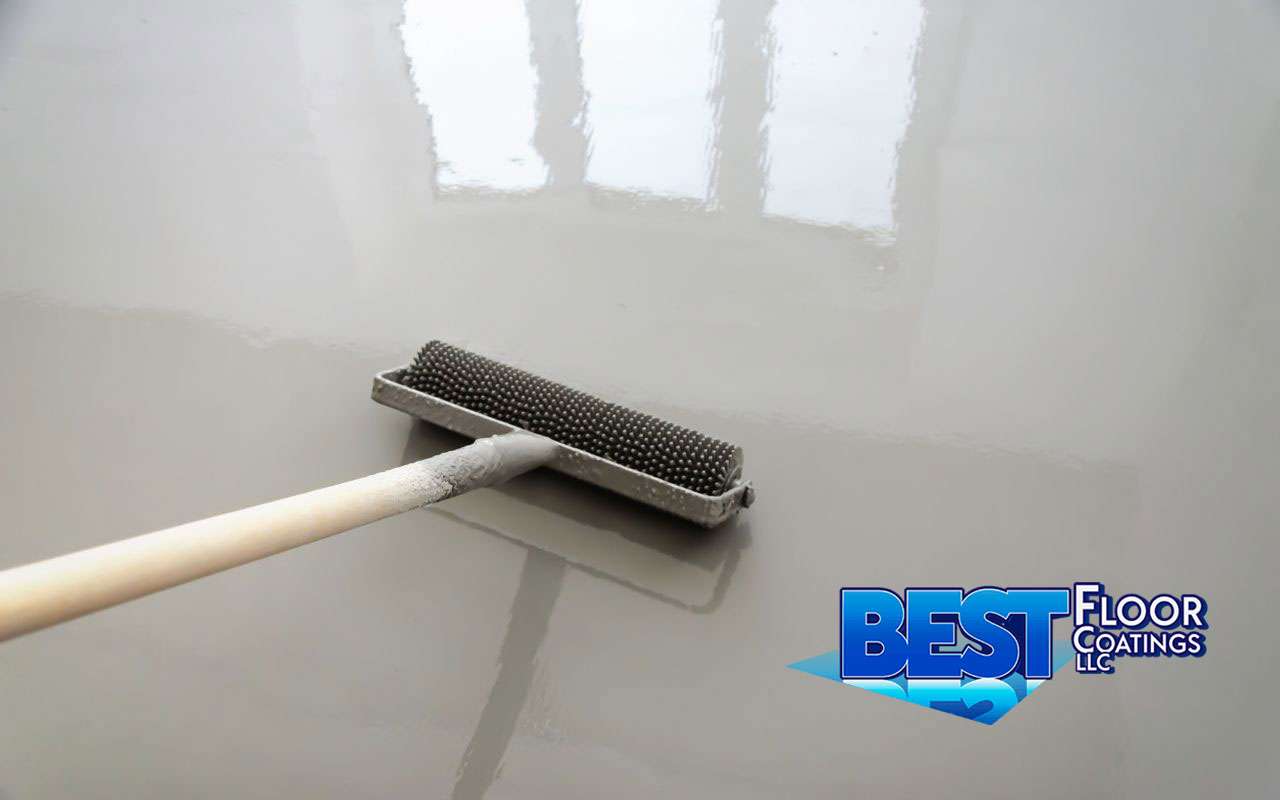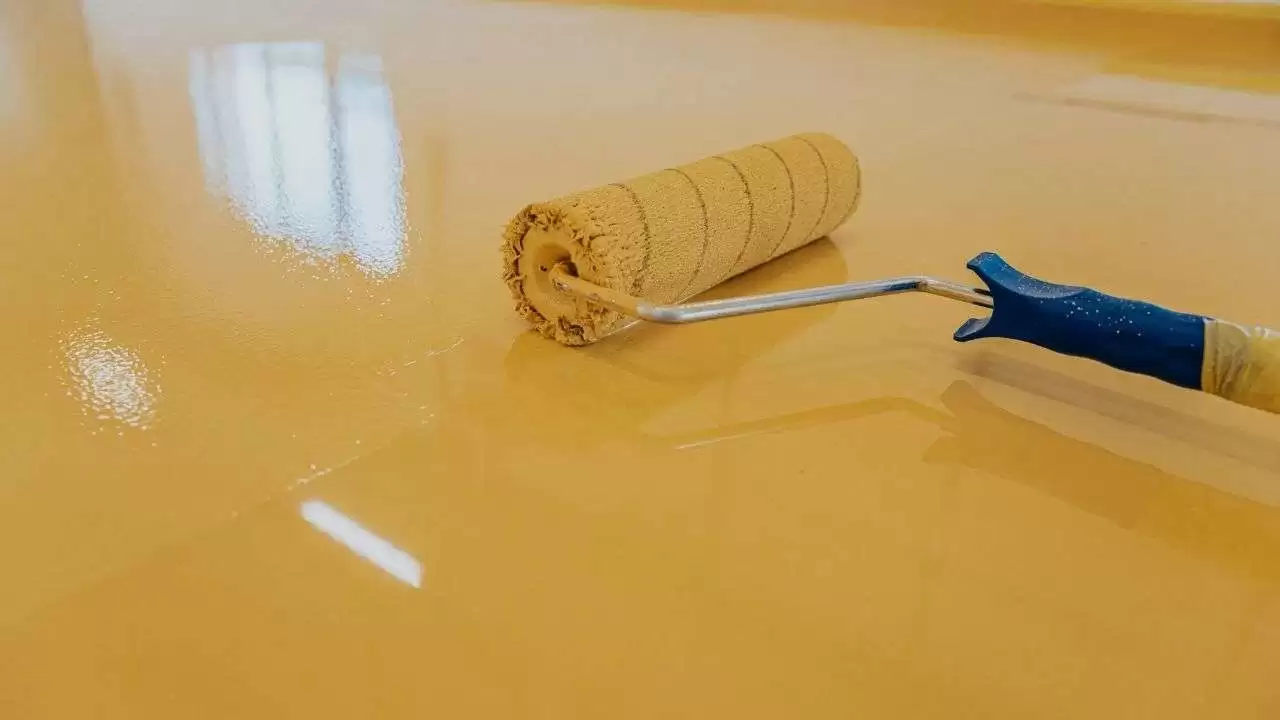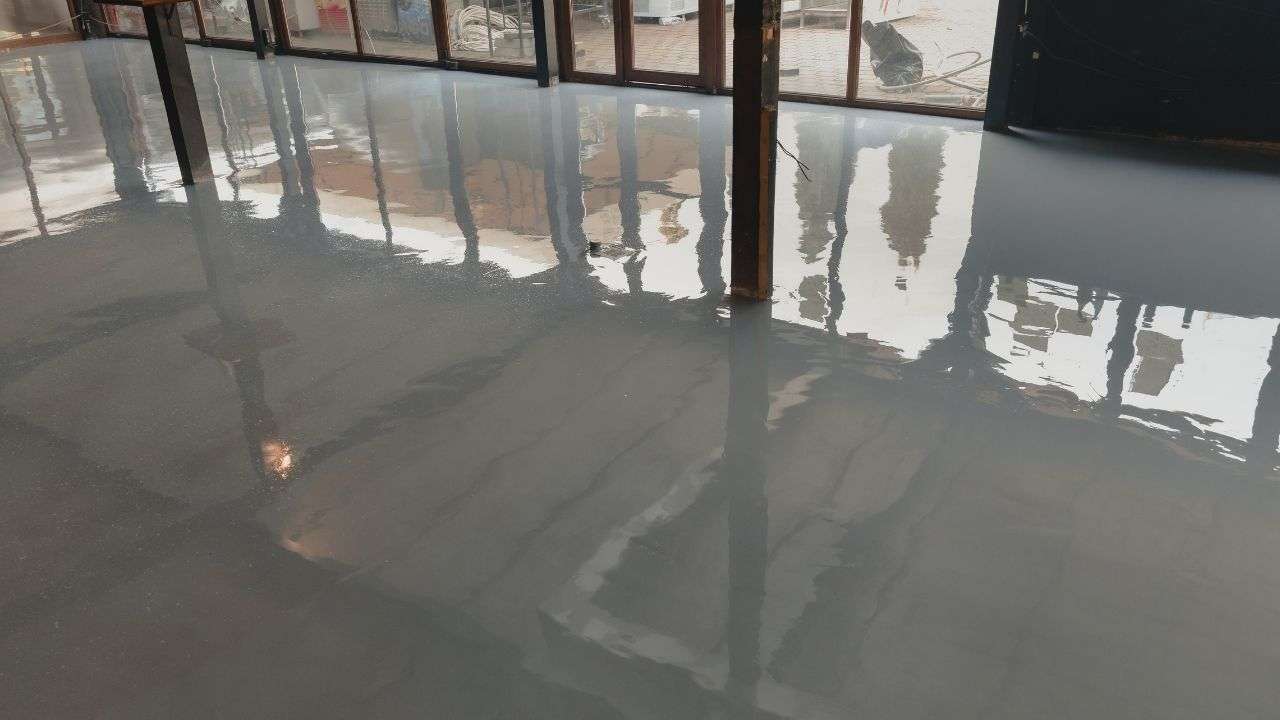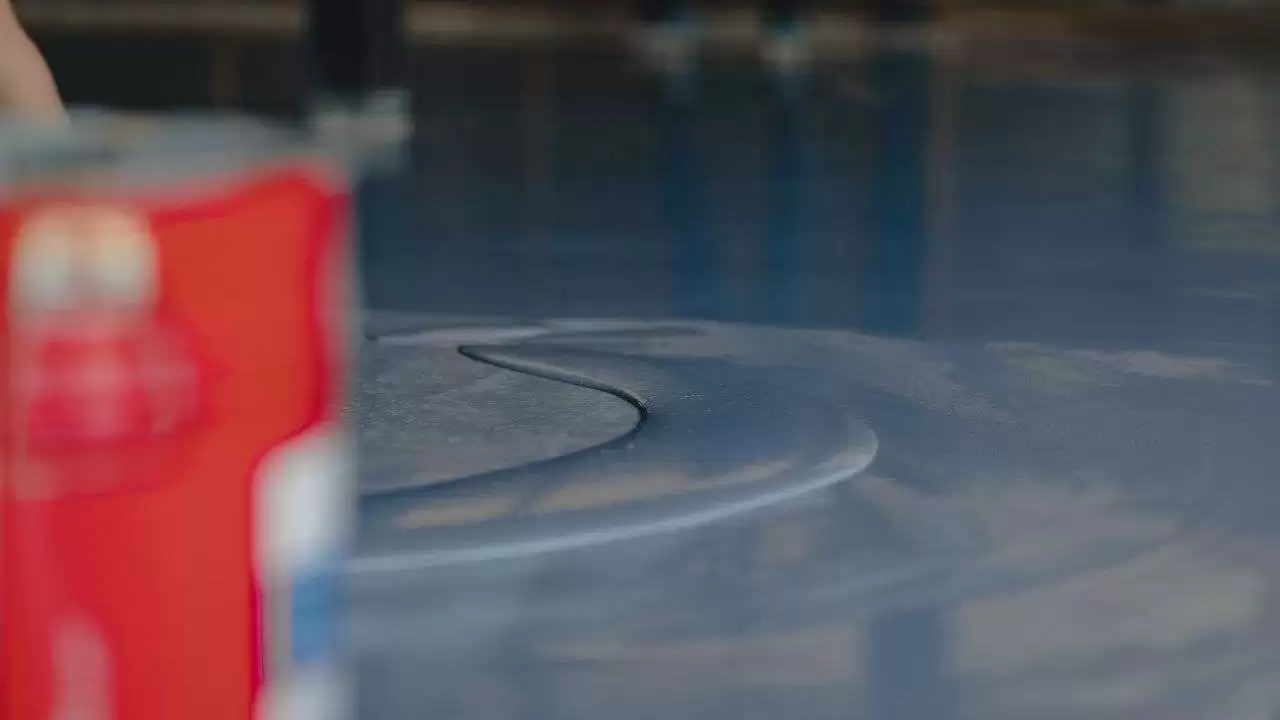
If you are thinking about installing a new floor or repairing a surface in your home, it’s the moment to use a coating. When we talk about acrylic vs. epoxy floor coating, You should understand that they work as an extra layer of protection. Both offer outstanding characteristics as some drawbacks, but they will assure that your house floor is protected.
Coating your floor will help you to avoid corrosion due to the barrier created by the product. Also, these coatings will change your bare concrete and make it new again. Keep reading this blog to identify the difference between both coatings and what fits better with your customs.
What Is Acrylic Coating?
Acrylic coatings come in two ways: water-based and solvent-based. They enhance and protect the color and the interior and exterior of your flooring surface. As well, it is a fast-drying, low-cost solution meant to solve your concrete flooring needs.
What makes excellent acrylic coating is some acrylic polymer emulsions, defoamers, and silicon oils. Besides, this product is water-resistant, which means that you won’t suffer dorm mold, mildew, or other humidity issues in your house. Also, the synthetic resin helps to make your floors or surfaces look like they have a glass cover.
In addition, it is easy to clean, and it is nonflammable.
What Is Epoxy Coating?
As an acrylic coating, epoxy is one of the best sealers in the market. Besides, epoxy coatings are harder than acrylic. They form a high-build, glossy protective film on concrete surfaces. They are water repellent and are available in clear and a wide range of colors.
The common characteristics of epoxy are its perfect adhesion to different surfaces, low toxicity, and its incredible power for covering and protecting against corrosion, humidity, and water leaks. Additionally, its strengths remain on the resin and the polyamine hardener. Due to the powerful resins, epoxy is one of the most used products in the U.S.
Furthermore, many companies use epoxy to protect areas where there is high vehicular traffic. Many homeowners use it to protect their garage floor paint and kitchen floors against oil leaks, gasoline leaks, bleaches, and toxic cleaners.
Differences Between Acrylic vs. Epoxy Floor Coating

The main difference between acrylic vs. epoxy floor coating is the formula. The acrylic is a water-based floor coating made of acrylic polymer emulsions. Meanwhile, the epoxy coating comprises a resin and polyamine hardener, making epoxy better. As a 100% resin product, it is more resistant and durable than acrylic.
As mentioned above, in one of its ways, acrylic is an industrial-grade water-based floor coating. It provides the floor surface with a semi-glossy look and is used on either interior or exterior floors. It can be used on concrete, wood, and painted surfaces.
Epoxy is generally used on concrete floors installed on commercial property, such as trail stores, warehouses, manufacturing plants, showrooms, and garage floor coatings.
Acrylic Floor vs. Epoxy Floor Coating

Following, you will find the five key differences between both types of coatings.
Affordability
Affordability plays a deciding factor for any product, which applies when choosing between acrylic and epoxy. As mentioned before, as epoxy is more durable due to the resin, it increases the price. Besides, it has been shown that water-based solutions are cheaper than 100% solid epoxy resin products.
Finishing
Epoxy coating provides a high gloss finish, while acrylic coating provides a more diverse option for finishing looks, ranging from matte to glossy. Besides, acrylic coatings are more rentable for decorative concrete where there is no heavy foot traffic. Acrylic works like a protective coating, and it does not penetrate the concrete.
On the other hand, epoxy coating is more rentable for areas with high rates of foot traffic and for sites where the water is more prone to filtrate because the epoxy has better adhesive properties to the entire floor. As epoxy has a durable finish, it protects the surface of the concrete from extreme chemical spills.
Usability
If you want to focus on interior floor coating, epoxy coating is specially developed, while acrylic coating can be used on both exterior & interior floors. Also, epoxy is designed for areas prone to oil or chemical leaks.
Abrasion-resistant
The epoxy coating provides a long-wearing surface due to its being abrasion-resistant, unlike the acrylic coating.
Application
Application processes can be daunting sometimes. Here, you will learn the main differences between epoxy and acrylic coating applications. Besides, it’s vital to know that epoxy lasts more time to dry than acrylic. Also, you should be careful with the application because water could damage the application if it is not well dry.
As managing acrylic and epoxy are complicated, you should count on professionals. There exists a moisture test that determines if the areas are already dry. There are some areas where you can use acrylic and epoxy:
Epoxy Coating
- High traffic areas
- Manufacturing facilities
- Chemical containment areas
- Garages and Kitchens
Acrylic Coating
- Exterior surfaces like stamped concrete
- Interior floors to make them resistant to staining
Need Professional Assistance? Give Us a Call Right Away

Now that you know the basics of acrylic vs. epoxy floor coatings, it’s time to get to work. Whenever you need professional assistance to handle your flooring coating projects, we are here to help you out. Using epoxy or acrylic could give more years to your floor.
Do not hesitate and contact us to get our flooring services. Always, it is important to count on professional advice!
